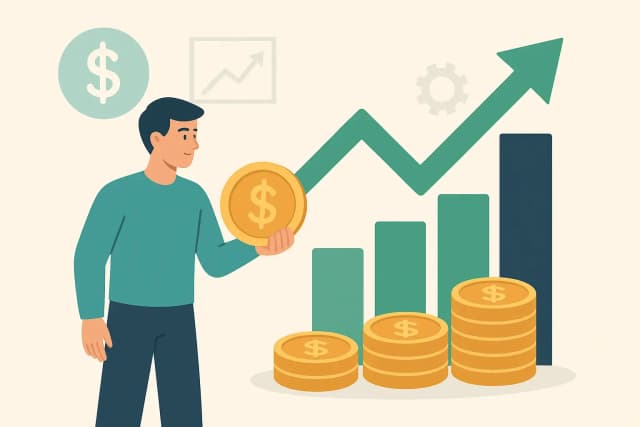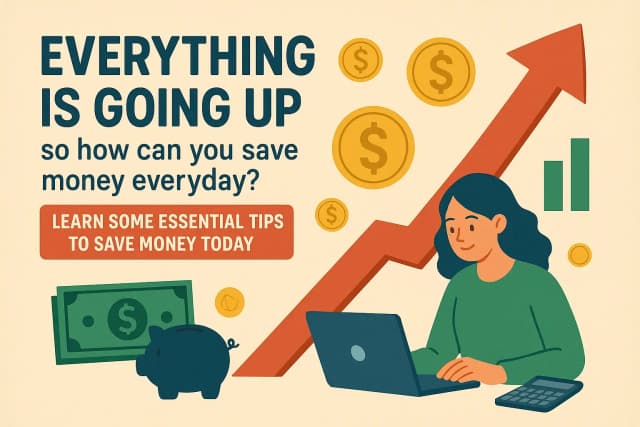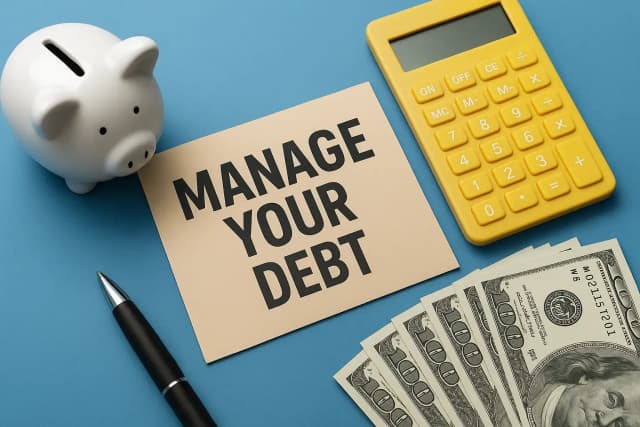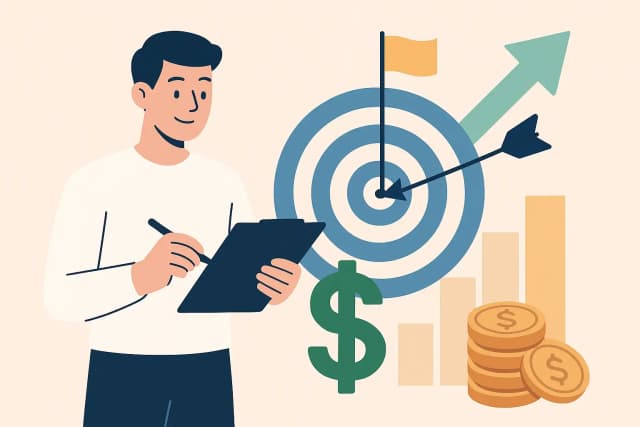Savings
Grow Wealth
Emergency Fund For Beginners
In many countries a high proprotein of people don't have enough savings to cover 3 months worth of expenses. In Australia for example 38% of people are in this situation. In the USA for example this number is even higher. An emergency fund is as essential as having insurance on your house or car. It means you can pay your bills when something unexpected happens. Without an emergency fund, you could have to resort to borrowing money at very high interest rates (using short term loans or credit cards, or risk loosing you house, car or other major assets, not to mention risk significantly degrading your credit rating.
The key to a successful emergency fund is to only use it in an emergency and then ensure you replenish it after-wood. That may seem hard with the cost of living rising, but as with insurance, the cost of not having it can be significant.
Setting up an emergency fund is an important step in your financial wellbeing. An emergency fund allows you to have money available in case of emergencies. It allows you to pay the bills if you lose your job, or to pay for an unexpected expense such as a car or house repair. These can be expensive and can run into the thousands of dollars. If you are use expensive loans or credit cards, you could find yourself paying more than 20% interest per year on top of the loan amount. If you have your emergency fund in a high interest savings account,, it will also grow over time, providing you with a solid savings platform and a cushion against unexpected expenses.
Ideally, your emergency fund should cover at least three to six months’ worth of living expenses, but even starting with a smaller amount can give you peace of mind. Keep these savings in an account that’s easy to access but separate from your everyday spending, so you’re not tempted to dip into it for non-emergencies. Building your emergency fund gradually—by setting aside a little each payday—can make the task feel more achievable.
Once you’ve established a safety net, you can focus more confidently on other financial priorities, knowing unexpected setbacks won’t derail your progress.
As you build healthy financial habits, you might also encounter unexpected opportunities—perhaps a chance to travel, pursue education, or start a side business. Having a financial cushion and a mindful approach to money gives you the freedom to make choices aligned with your values and ambitions, rather than being forced into decisions by immediate need.
It’s important to revisit your financial habits regularly. Life changes: jobs shift, families grow, priorities change. By checking in on your finances, you can adjust your strategies to fit your current situation, whether that means adding a little more to your emergency fund, reassessing spending, or exploring new ways to save and invest. Keeping a flexible mindset will help you stay resilient and proactive as circumstances change.
So how do you set up an emergency fund? Just start saving. Don't worry if you don't have enough right now; the important step is to start. Over time your emergency fund will build up to the amount you need. And having some savings is much better than having no savings at all. If you setup a high interest savings account, you can earn interest on your savings and it will grow more quickly. Keep adding to your emergency fund until it reaches the level you need. To calculate how best to setup your savings, please check out out free online savings calculator
With a foundation in place and the confidence that comes from preparedness, you’re ready to take the next step: exploring how your money can work for you as it grows and supports your goals.
Disclaimer - The information provided on this article is of a general nature and does not take into account your personal financial situation, needs, or objectives. It is intended for educational and informational purposes only and should not be considered as financial advice. Before making any financial decisions, you should consider whether the information is appropriate to your needs and seek independent advice from a licensed financial adviser. While all reasonable care has been taken in the preparation of this information, we make no representations or warranties as to the accuracy, completeness, or currency of the content. We are not licensed financial advisers under the Corporations Act 2001. Any reference to financial products, strategies, or investments is general in nature and is not intended to be a recommendation. Past performance is not a reliable indicator of future performance.






